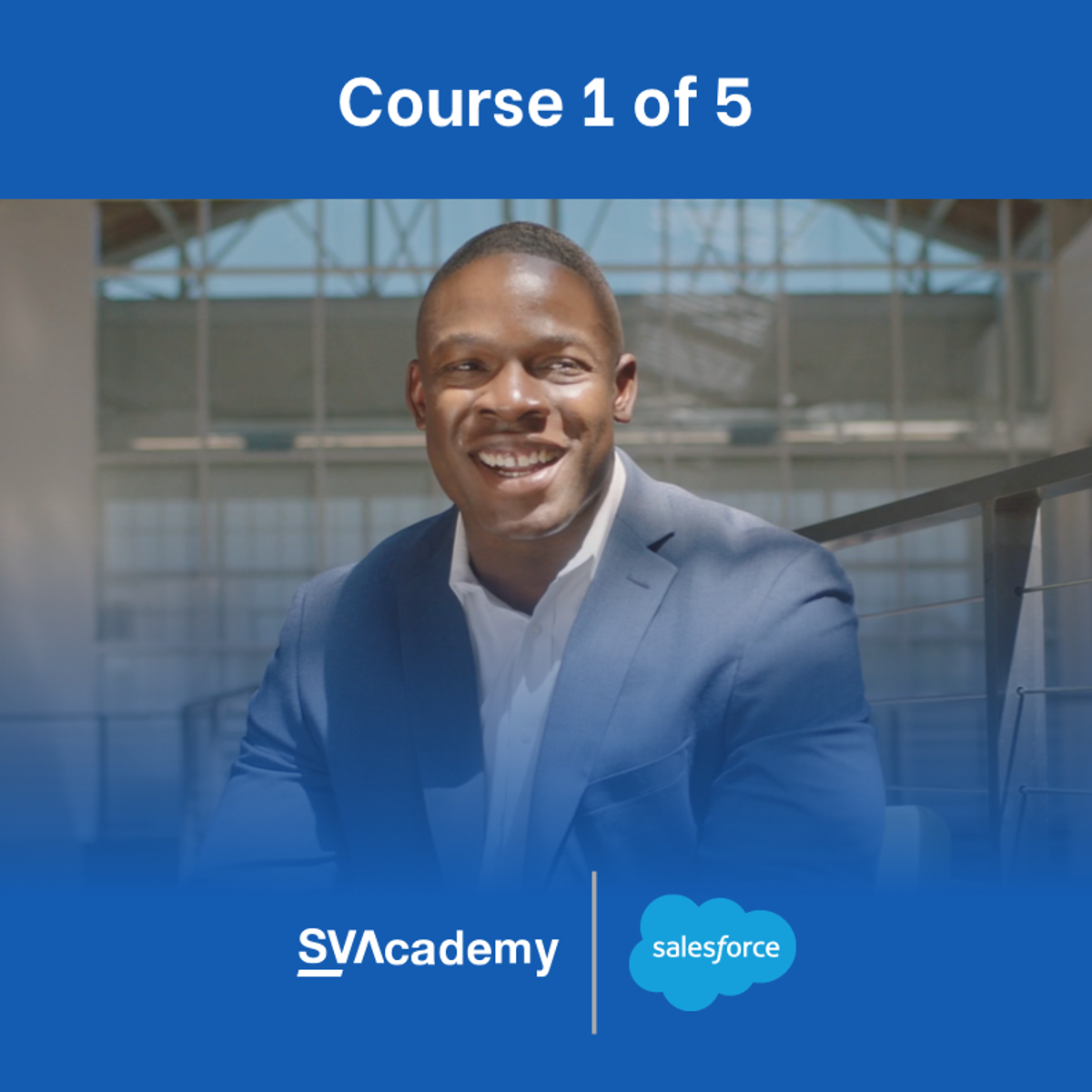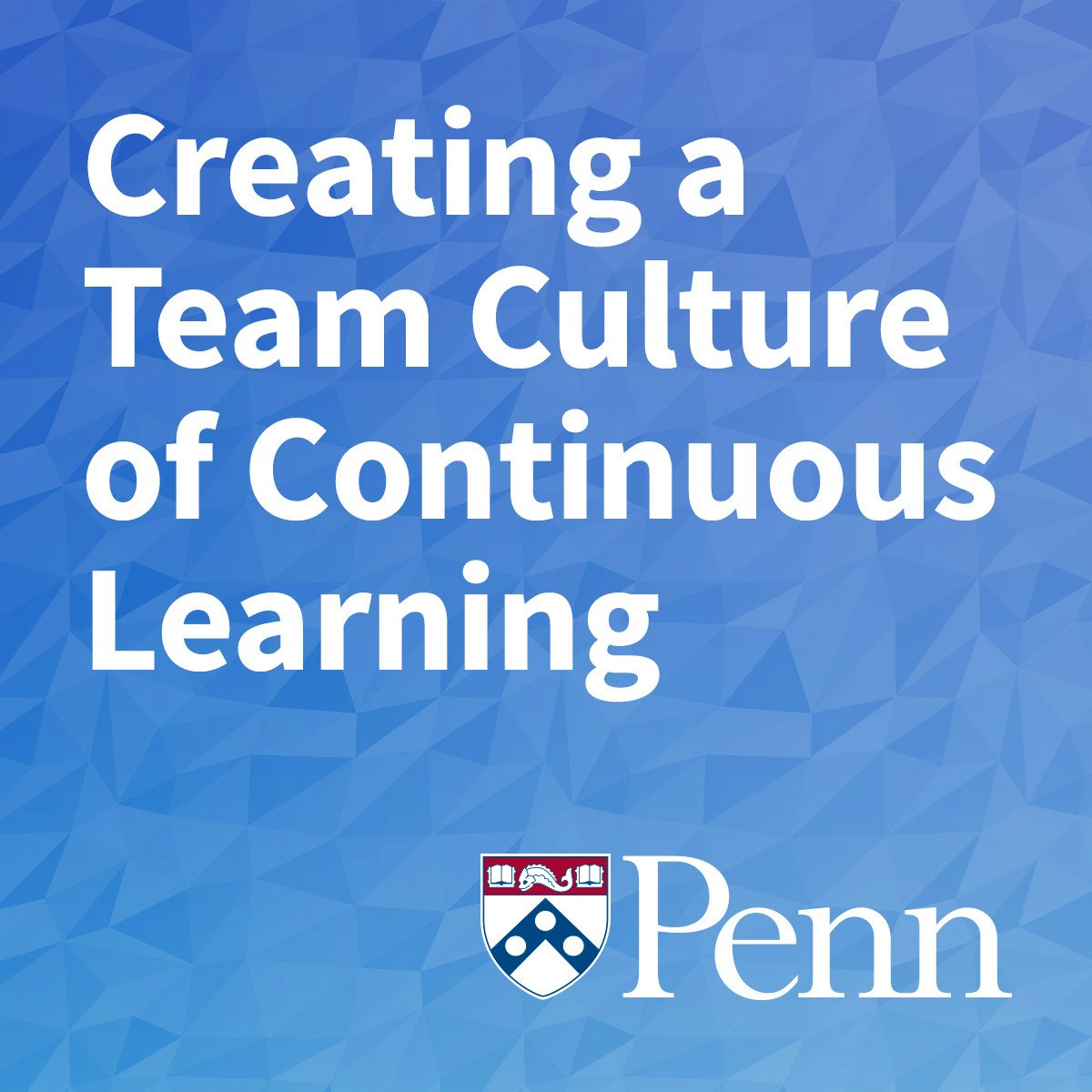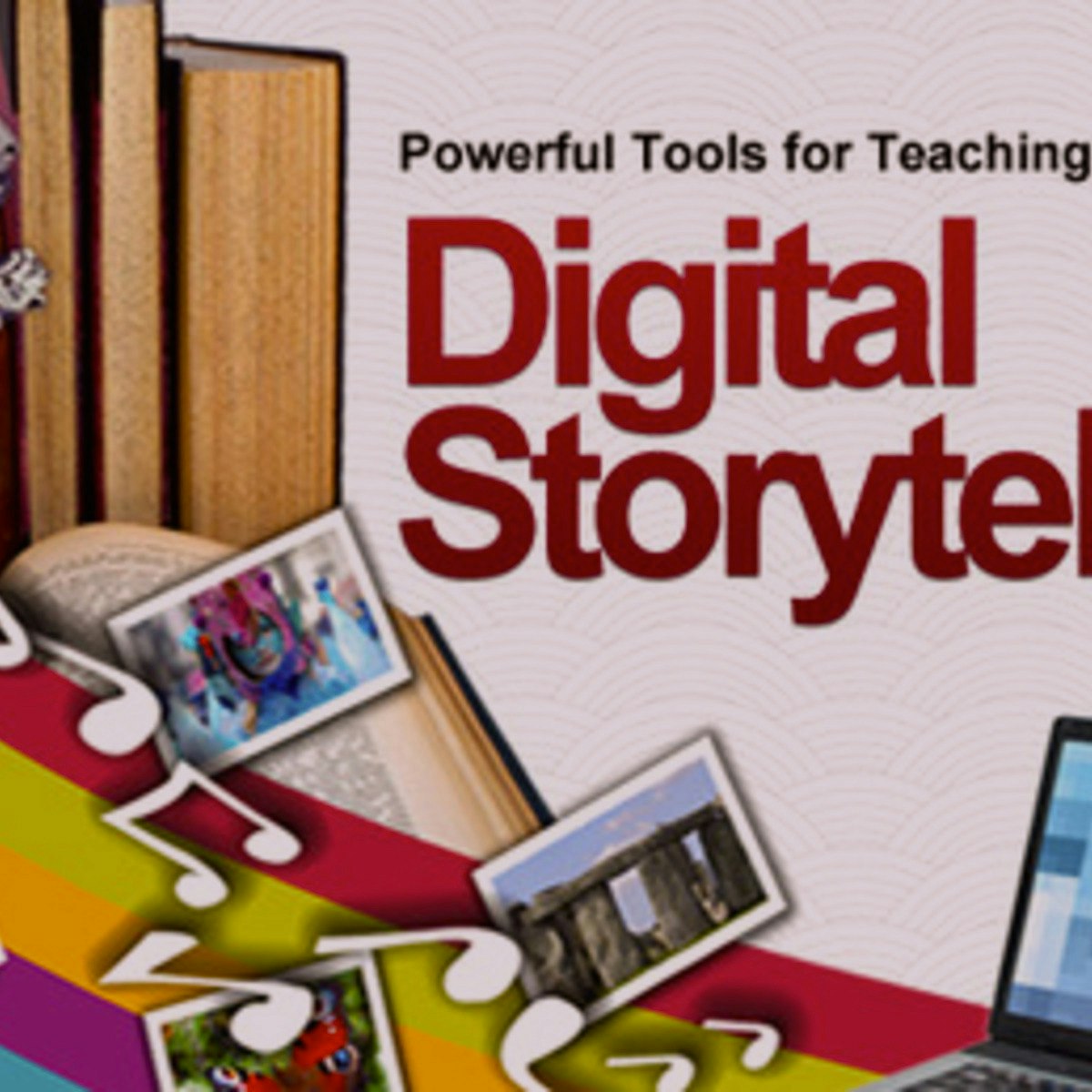Back to Courses









Personal Development Courses - Page 26
Showing results 251-260 of 514

Principles of Photo Composition and Digital Image Post-Production
Welcome to Course THREE! In the first two Modules you will gain a more professional-level understanding of the Design Elements that artists have used throughout history to create successful compositions. Arranging the Elements in ways that lead viewers through their compositions is an essential craft for photographers no matter whether their subject matter is pure documentary or vividly exotic personal expression. In Modules 3 & 4 we survey the essential elements of post-photography image management, using Adobe(tm) LIGHTROOM(tm). Image adjustment software designed for Smartphone photographers rounds out the Course. Since even photographers whose mainstay is a high-end DSLR also must admit to Smartphone use occasionally, and photographers who only use a Smartphone will usually admit that they want to step over to a "regular" camera at some point, there is something for everyone here! Let's get started with Module One!

Groundwork for Success in Sales Development
This is Course 1 in the Salesforce Sales Development Representative Professional Certificate. In order to successfully complete later courses, please ensure you have completed this course before moving on.
This course is here to introduce you to the key role of a Sales Development Representative at a tech company. We want you to develop a winning professional mindset powered by emotional literacy, strategic thinking, time management, and task prioritization. We’ll also focus on how you’ll be managing your physical, mental, emotional, and spiritual well-being in both your personal and professional life.
Course 1 in the Sales Development Representative (SDR) Professional Certificate will give you the necessary skills to launch a career in the non-technical side of the tech industry.
In this course you will learn to:
- Confidently articulate the purpose and power of the SDR role in the tech industry
- Effectively select strategies and tools for developing a winning professional mindset
- Justify strategies for time management and prioritization that yield results in your personal and professional life
- Compose plans for taking responsibility for your physical, mental, emotional, and spiritual well-being within personal and professional relationships
To be successful in this course, you should have:
- An ability to communicate in verbal and written form in a way that is accessible and understandable by a general audience (you don’t need to be formal or refined)
- Baseline computer literacy (you must be able to use a word processor, web search, and email)
- Familiarity with social media, including LinkedIn
- Ability and willingness to learn new technology tools
- Motivation to grow personally and professionally
- Hunger for feedback and coaching

The Piano Sonata: Origins to Mozart
In this course, you’ll be introduced to sonata form; how it works, where it came from, and how sonatas are put together as multi-movement compositions. We will analyze the early history of the piano sonata and discover the important early masters of this style (Scarlatti, CPE Bach, Haydn, and Mozart). You’ll then investigate the relationship between the keyboard instruments of the time and the musical style, and be able to differentiate between Baroque, Galant, and Classical styles.
This course was filmed at the University of Michigan School of Music, Theatre & Dance, among other locations, to showcase the depth of the sonata repertoire and the instruments that contributed to its history.

Conspiracy Planet
This course is for anyone interested in conspiracy theories. Millions of people around the world believe in conspiracy theories like The Protocols of the Elders of Zion, or that AIDS was deliberately created by governments and pharmaceutical companies, or that on September 11, 2001, the World Trade Center complex was downed not by airplanes, but by a “controlled demolition” masterminded by the United States national security state.
What are we to make of these claims? What do they say about our societies? How do they impact history, or reflect larger historical trends? How do we understand the context of these ideas? And how do we understand them in relation to objectively confirmed conspiracies, of which there are at least as many? How do we know when a conspiracy has really happened, and cannot simply be dismissed as a ‘theory’? We will grapple with these questions together through short videos, quizzes that will help you check your understanding of the material, discussion, and a final project in which you will create your own conspiracy theory.

Leading from Within
There is an important difference between leading from without and leading from within: the way decisions are made. Those who lead from without make moral decisions based on external pressure or the opinions of others rather than on the basis of deeply held personal values and beliefs. When they speak about moral issues they do so without authenticity and inspire doubt rather than confidence in their followers. Those who lead from within have deeply held personal values and beliefs and courageously make decisions based on those convictions. They have a clear sense of purpose in their own lives and inspire a clear sense of purpose and direction in others. This course will provide tools and insights that will help you successfully lead from within at the personal, organizational, and societal levels.

Creating a Team Culture of Continuous Learning
There is mounting concern that organizational groups and teams often fail to learn from their past experiences. It’s pertinent to address this issue as groups and teams are often the main ways that work gets done in organizations.
In this course, we examine the main reasons that groups and teams are often ineffective, which include:
• The lack of organizational structures and support for teams and groups
• The lack of understanding and emphasis on learning
• Misaligned reward structures
So, what can be done to create an enabling learning culture in teams?
This course emphasizes practical and impactful ways to begin to address this state of affairs. Through the use of stories, scenarios with actors simulating different team issues, examples and dialogue, you learn how to:
• Understand teams in their larger organizational context
• Diagnose the learning strengths and barriers to learning on teams
• Identify ways to develop a team and group that continually learns and impacts the larger organization positively
• Create an organizational environment that encourages learning and innovation

Life After COVID-19: Get Ready for our Post-Pandemic Future
The pandemic will create long-lasting and surprising ripple effects, even after vaccines are widely available. Are you ready for what's next?
This course will give you a clear forecast of the challenges and opportunities you’re most likely to encounter over the next 3-5 years, as a direct result of the ongoing COVID-19 pandemic.
- Find out what risks still lie ahead
- Make a plan for resilience
- Play future forecasting games to stretch your imagination about what's possible
- Build your post-pandemic confidence
- Envision the world you want to live in when we’re all finally on the other side of COVID-19. How can you take advantage of this unprecedented moment of disruption to make positive change in your community, company or other organization?
By completing this course, you’ll be better understand the “future shock” we’ve all just lived through together. You'll be able to identify the 7 pre-existing conditions of society that made the pandemic more severe and harder to recover from -- from economic inequality and racial injustice to fragile public trust and the climate emergency. Looking ahead, you'll explore the most surprising and exciting solutions that are being proposed to help our communities heal from these pre-existing conditions.
COVID-19 is a roller-coaster ride we will all be on for years to come. With the skills you build in this class, such as learning to spot the four patterns of change that occur during any period of crisis or major disruption, you will be better able to see the ups and downs coming before you get there. And you'll feel more in control of what happens next, as you learn to use the Institute for the Future's post-pandemic Toolkit for Transformation.
By the end of this course, you'll be more knowledgeable and better qualified to help yourself, or your company or other organization, navigate the rest of the pandemic and find success on our long road to recovery and reinvention.
This courses is taught by Institute for the Future Research Director Jane McGonigal, PhD.

Powerful Tools for Teaching and Learning: Digital Storytelling
Powerful Tools for Teaching and Learning: Digital Storytelling introduces educators to digital storytelling and explores ways to use digital stories to enhance students’ learning experiences. The course is designed to be comprehensive yet fundamental. By comprehensive we mean that the course provides a solid foundation for all of the components of a digital story and illustrates these components with tutorials, example stories, and links to additional readings. The course also provides a hands-on opportunity for learners to create their own digital stories. The course is fundamental because it covers the basic process of creating a digital story starting with just a simple script and as little as one image.
This course is intended for K-12 teachers in all disciplines, although it is open to anyone with an interest in digital storytelling. Course participants will use WeVideo (https://www.wevideo.com/), a free web-based video editing program, to create a digital story that could be shared both online and with students in the classroom. Teachers in the state of Texas may be eligible to receive Continuing Professional Education units if they complete the major requirements of the course.

The Power of Team Culture
Behind the success and failure of teams lies team culture. But what exactly is culture? How and why does it contribute to success and failure? In this course, you learn how to recognize aspects of team culture of which most people are typically unaware. It is often these seemingly unimportant aspects that have the greatest effect on the outcomes of group tasks. Your recognition of them enables you to form, join and lead teams more effectively. You also come to appreciate the role of ritual and symbols in the daily operation of teams, as well as in situations of change and crisis. Knowledge of the ideas and information in this class enables you to be a better team player and a more effective team leader.

Instructional Planning with Genially
Genially is “the tool that brings content to life.” Genially allows you to map out a learning journey for your students using high interest images and interactive tools. But did you know that Genially is also a wonderful tool for organizing your lessons and units.
With Genially, you can plan and organize your units in one central place, simplifying your planning process with templates created with teachers in mind! Throughout this project, we will work together to build your confidence using Genially so that you can not only use it as an instructional planning tool, but also as a tool for students to share information they have learned with their classmates.
*You will need a free genial.ly account for this project.
Popular Internships and Jobs by Categories
Find Jobs & Internships
Browse
© 2024 BoostGrad | All rights reserved